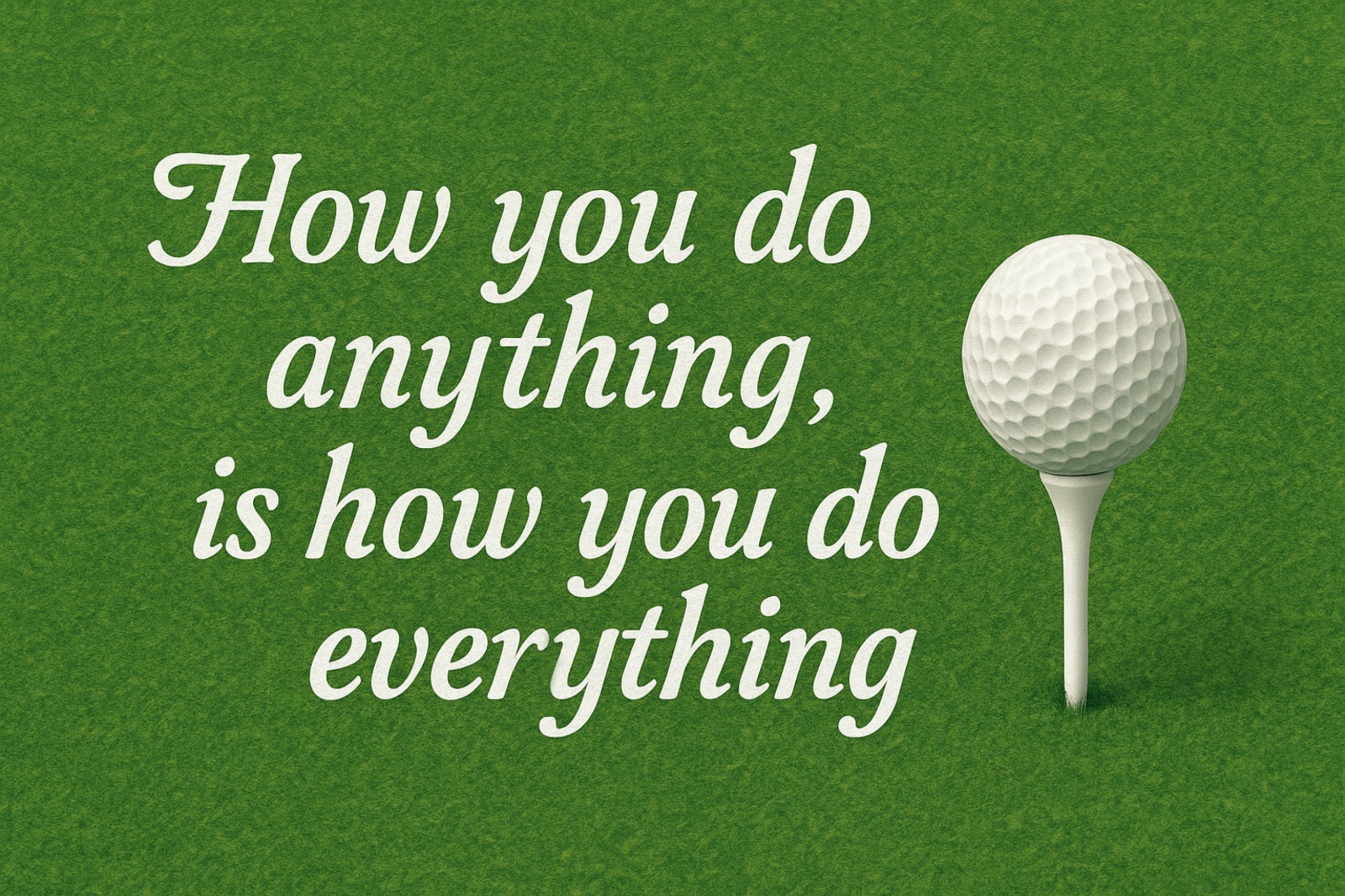I have lived in Southern California my entire life. Right now, I live in San Clemente, about 80 miles south of both Pacific Palisades and Altadena. Two communities that you may have never heard about before, but now you know them well. Both of these historic and beloved communities have been ravaged with unprecedented and devastating fires since Tuesday January 7 and as one of my friends who lives in the Palisades wrote: Our lives will be changed forever.
It’s really hard to process what it means to have 10 minutes to evacuate. How many of us have given it any thought? Sure, we all know about earthquakes, hurricanes, tornadoes, and floods, and the importance of “being prepared”. But I don’t think you can ever be fully prepared to lose everything.
Dozens of my friends have lost their homes or have been displaced. Like most of us, my week has been a series of text messages to friends, checking in to see if they are okay. And then if they don’t respond quickly, having a bit of worry. In the last few days, I have started calling friends in So Cal to check on them.
Earlier this week, my daughter-in-law shared the following message with me, and it profoundly helped me with all my conversations. Listening with empathy and no sense of urgency to get off the phone and pausing when I get on a call and saying, “How are you? No really, HOW ARE YOU DOING?” has been a game changer.
The message below is one for company leaders and everyone else, too. There is not a single person who hasn’t been touched in some way by these fires. It’s like 9/11 and the Maui fires all over again.
“Product people are constantly driving toward launches, navigating the relentless push to ship.
You’ve probably been there: mid-sprint, nearing launch, and then—something happens.
A bad election outcome.
A war breaking out.
Fires devastating LA.
We exist in a world and a news cycle that never lets up. Your team doesn’t operate in a vacuum. And, when it’s not global crises, it’s personal struggles—illness, loss, grief, etc.
The fact that your team manages to align and launch amidst it all can feel nothing short of miraculous.
But what happens when the weight of the world crashes into your inbox, floods your social feeds, and infiltrates your Slack channels—right when you’re up against a deadline? How do you lead through that?
You start by making space.
Simply acknowledging the weight of what’s happening, goes a long way.
Yesterday, my dear friend—now a prolific Substack writer—shared some profound wisdom. And, it got me thinking about how much we need more of this in the workplace. I want to highlight her advice here:
“As we collectively shift into problem-solving mode, I feel compelled to pause and acknowledge the weight of this event. A horrible thing has happened. If a victim of one of the fires wants to tell you every detail about the house they spent years—perhaps decades—building, let them. If someone wants to say nothing and simply sit in silence, that’s a perfectly valid response too. If they want to laugh, that’s a beautiful way forward. Anything goes really.
For those wondering what to say, consider: “While I may not know this grief specifically, I will help you carry it.”
Tragedy is made easier by knowing you don’t have to move forward alone.”
In deeply challenging times, people look to their leaders for steadiness and above all else, humanity.
In improv, one of the most valuable lessons I’ve learned is that calling out discrepancies in a scene—something you know the audience is already noticing—can lead to stronger connection. For example, if you start a scene in a kitchen and suddenly you’re driving a car, a line like, “Weren’t we just in the kitchen?” lands because it acknowledges what the audience is thinking. It plays to their intelligence. And as a result, solidifies the connection between performer and audience. There’s a humanity in it.
The same principle applies in leadership. Calling out the discrepancies—or in this case, the tragedies—rather than pretending everything is business as usual creates a deeper connection with your team.
And, above all else, it makes you more human.”
Credit: Jori Bell from Product Therapy
Don’t be afraid to spend extra time showing your humanity with your teams. It will go a long way.
Onward and upward,

If you’re enjoying what you’re reading, please consider recommending it to others. They can sign up here





